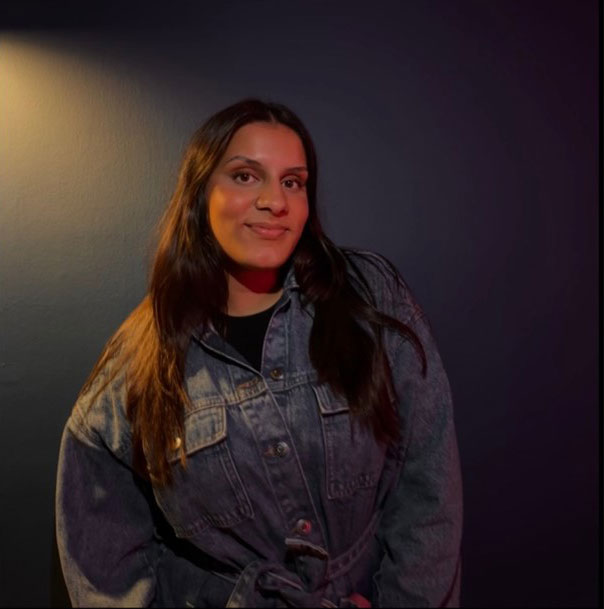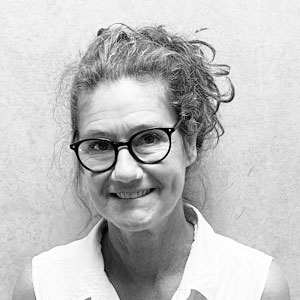
Newsletter October 2023: First-year pedagogy
In the October edition of our newsletter, you can read about different perspectives on first-year pedagogy. The concept of first-year pedagogy covers the various efforts that you as an institution, programme, and teacher can implement to support new students' path to becoming competent students. In addition to various theoretical angles, you can also read about the special efforts that have been made at SDU's new Bachelor’s law programme in Esbjerg.
The European First Year Experience conference in June (https://efye.abertay.ac.uk/) leaves the impression that in many countries around the world we face three common challenges in higher education. The challenges require us to think very carefully about: poorer finances, lower student intake, and an increase in the number of foreign students. In relation to all three areas, it is worth to focus on first-year pedagogy, as it will be particularly important to hold on to the new students so that they do not walk out the door and leave us without their “STÅ funds”. But the first-year pedagogy is important, not only for financial reasons, because one can also rightly think that when new students are to be integrated and offered good learning conditions, it is wise to work consciously with how we organize the teaching around the new student's student life.
Participation
The topic of ‘participation’ can be a good place to start the conversation about first-year pedagogy. How do we get the new students to participate in classes and extracurricular activities? The reason we want this is that we know that participation leads to both commitment and better study results (McKee, 2021; EVA, 2023). If the students are to find it relevant to show up for classes, rather than studying on their own, there are, however, several factors of importance. Among other things, the students want to experience a certain degree of self-determination, they want to experience that they master the tasks they are presented with, and they want to experience cohesion (Deci & Ryan, 2017). Furthermore, they would like to be active learners, have access to feedback, and experience that what they must learn is connected to the world they will have to act in when they have finished their studies (Kift, 2015).
When it comes to new students, it may be an idea to get in touch if the student is absent from classes or other events. Not to control, but to show interest and to investigate what is at stake for the student. Or you can make it a task for the study groups or breakfast groups you may have established to contact a fellow student when he/she does not show up. Fellow students are the single most important factor for the experience of a good first year (Dalin Young, University of Georgia, unpublished). It calls for us as teachers and institution to develop good ways for the students to be together, support the development of fruitful forms of collaboration, create good conditions for professional development and, on the whole, support the good human interaction during the education.
The implicit
Another track in our knowledge of first-year pedagogy concerns the implicit codes and norms that guide our thinking and behavior at university - The-taken-for-granted-norms. If you are a new student and have not been born into a cultural capital that includes a codex for appropriate student behaviour, then you may confuse a slightly poor assignment result with a lack of ability, rather than seeing the result as an expression of a lack of knowledge about how to process and verbalize academic knowledge (Noakes & Cody 2022). It is therefore necessary for the university to make explicit the expectations we have of the new students; to make explicit how they are expected to work with a given text, how to lead an academic discussion, what it means to behave critically, reflectively, etc.
Here again, it is necessary that university teachers are aware of their own expectations of the students and that they are willing to share their own methods of learning new things and working academically. For example, by highlighting a student's good argument and explaining why it is a well-structured argument in an academic context.
There are many approaches to working with first-year pedagogy, the above are just a few examples.
Litteratur
- EVA, 2023. De fleste studerende er glade for at studere, men en tredjedel er i risiko for mistrivsel.
- Kift, S. (2015): A decade of transition pedagogy: A quantum leap in conceptualizing the first year experience, HERDSA Review of Higher Education Vol. 2.
- McKee, T. (2022). Can’t come, won’t come, don’t come: supporting better attendance and attainment of first year law students through an Early Intervention Pilot, Law teacher, 04/2022, Vol. 56, Issue 2.
- Noakes, S., & Cody, A. (2022). Building a (self) reflective muscle in diverse first-year law students. Legal Education Review, 32(1), 69. https://doi.org/10.53300/001c.36738
- Ryan, R. M., & Deci, E. L. (2017). Self-determination theory: Basic psychological needs in motivation, development, and wellness. Guilford Press. https://doi.org/10.1521/978.14625/28806
An example from the SDU law programme
At SDU's brand new bachelor’s law programme at SDU Esbjerg, they have picked up the ball and have been working with various initiatives for the 50 new students
A study start like no other

Read Umme Kalsoom Qaiser's blog post about a well-planned study start to the law programme at SDU in Esbjerg, which has helped her get off to a great start with her studies.
